Visit Orvieto in Umbria
Four years ago, I was on vacation in Italy and had the opportunity to visit some cities that are off the tourist route, among them was ORVIETO, a small medieval town in the Umbria region,. Let’s go to our post of the day: Let’s go to visit Orvieto in Umbria? Here at Your Travel to Italy with Ana Patricia you make the trip of your dreams!!! ALSO: see our “Accommodation in Italy – Tips for your holidays!”
Texts and Photos of our reader and special guest ♥ Ludmila Meireles ♥
Our special thanks for your participation in the Blog Your Travel to Italy
1) Visit Orvieto in Umbria – GET TO KNOW ITS HISTORY
Orvieto is a city with just over 25,000 inhabitants, literally built on top of a cliff wall more than 300 meters high. It was the capital of the Etruscans in the 6th and 7th centuries b.C.; afterwards, it became a Roman center, becoming a village; and in 1354, it was annexed to the papal territory. Its position offers beautiful views of the surroundings and the city also produces an excellent white wine called, guess what: Orvieto.
2) Visit Orvieto in Umbria – GET TO KNOW THE CITY ATTRACTIONS
Let’s go to the attractions of this beautiful city, and we will learn a few things about its monuments.
Duomo of Orvieto (Orvieto’s Cathedral)
Definitely, it is the main attraction of the city. It is located in Piazza Del Duomo (Cathedral Square), and is one of the most beautiful churches in all of Italy. It follows the Gothic-Romanesque style, it is all decorated with gold mosaics and built with dark basalt and white and pink marble. In the pillars of the facade, there are reliefs that depict stories from the old and the new testaments. Its construction began in 1290 and took three centuries to complete. It’s unmissable!
The frescoes on Last Judgment by Fra Angelico
The frescoes on Last Judgment by Fra Angelico, which can be seen in one of the chapels, served as inspiration for Michelangelo to make the roof of the Sistine Chapel in the Vatican. The photo was not very good, but the style is very similar to that of the Sistine Chapel. Even the blue color of the ceiling is the same as that of the Sistine Chapel.
The Frescoes by Lucca Signorelli
In the Chapel of Saint Brice are located the frescoes by Lucca Signorelli, which made FREUD visit the city. Unfortunately, I don’t have any photos because, at the time I went there, there was a sign saying it was forbidden to take pictures, and I respected it. It is the most beautiful chapel in the cathedral; there is no doubt about it.
Palazzo dei Papi (Palace of the Popes)
In this building, which is next to the cathedral, there is the Museo dell’Opera del Duomo (Museum of the Cathedral Opera), with paintings, sculptures, and pieces belonging to the cathedral’s treasure, and the Museo Archeologico (Archaeological Museum), with a good collection of Etruscan pieces.
Tower of the Walls
The Tower, located right in the centre of the city (Corso Cavour, 87), is 47 meters high, and to climb it, there are no less than 250 steps. From the top, you have a view of the city. I did not go up because my mother has knee problems and cannot face these climbs. Its construction dates from the year 1200 and symbolized the power of Orvieto in the Middle Ages.
Pozzo di San Patrizio (St. Patrick’s Well)
It dates from the 16th century, and it guaranteed water supply if the city was besieged. The well is 62 meters deep and has a spiral staircase system. Whoever wants to visit this work, which was considered advanced at the time, will need to face 248 steps. Upon reaching the bottom, you can make a request after tossing a coin (Vialle Sangallo). I don’t have pictures of the well because I didn’t visit this attraction due to its stairs.
Fortezza Dell´Albornoz (Albornoz Fortress)
Built in the 14th century, the fortress is now a place with lots of greenery and offers beautiful views of the Umbria region, making it ideal for relaxing after climbing up and down so many stairs.
How to get to Orvieto?
1) How to get to Orvieto? BY AIRPLANE
Airport options to get to Orvieto:
- Umbria International Airport – Perugia “San Francesco d’Assisi” – S.A.S.E. SpA.
- Rome Fiumicino Airport.
- Amerigo Vespucci Airport in Florence.
2) How to get to Orvieto? BY TRAIN
There are direct trains from Rome (+/- 1:30H) and Florence (+/- 1:00H). There are trains from Perugia as well, but transfer to Orte is mandatory. I went by train from Florence, and when I arrived at the ORVIETO station, I had to take a cable car (FUNICOLARE) that is in front of the square just outside the station.
Did you know that Trenitalia is the main Italian company dedicated to the management of railway transport? Find out here: “What is the difference between trains in Italy?”. Buy your ticket online in advance and save a lot; read the post “How to buy a train ticket in Italy?“.
Watch this video and learn: What is the average cost of a day in Italy?
Subscribe to our channel and receive more videos with information and tips about Italy. Don’t forget to give this video a thumbs-up! 😉
Conclusion
Visit Orvieto in Umbria! Orvieto is a charming city that deserves to be included in your travel itinerary. Forget the map and walk through the various alleys of the historic center and be surprised by beautiful handicraft shops, pottery, and good restaurants. It can be visited in an afternoon, but for those who like to do everything calmly and without haste, reserve a whole day for this pearl.
Do you want to join our blog? Do like Ludmila and write to me!!! Did you like Ludmila’s text? Leave your comment 🙂
Do you feel unsafe traveling?
If you need help organizing your trip, do not hesitate to contact me! I would love to help you make your dream trip to Italy.
Still in doubt? Be sure to post your questions below, or just send me a message and I will answer you as soon as possible!
An Extra Help for your Trip
The best content from Your Travel to Italy!
Learn more about our tours in Italy right now!
- What to visit in Italy in 10 days?
- The ten must-see places in Tuscany?
- The best tips to save on your trip to Italy?
- What are the 10 most visited cities in southern Italy?
- Airports in Italy? How to get to your hotel? (Venice, Milan, Rome, Florence)
- What to do in 1/2/3/4 days in the main Italian cities?
- The best tips on food in Italy (wines, typical food, enogastronomy tours)
- How to get from Fiumicino Airport to Rome downtown?
- Your Travel to Italy: 10 tips for traveling through Italy!
Best regards from Italy

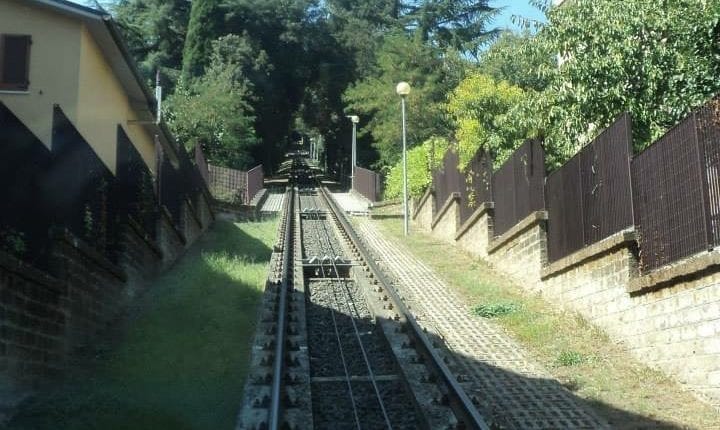
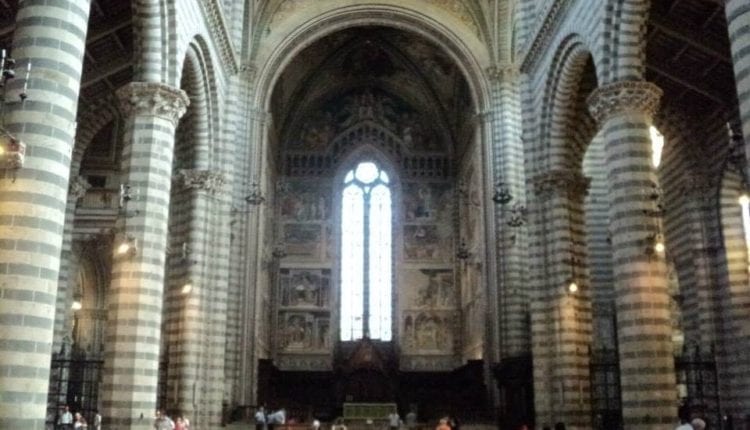
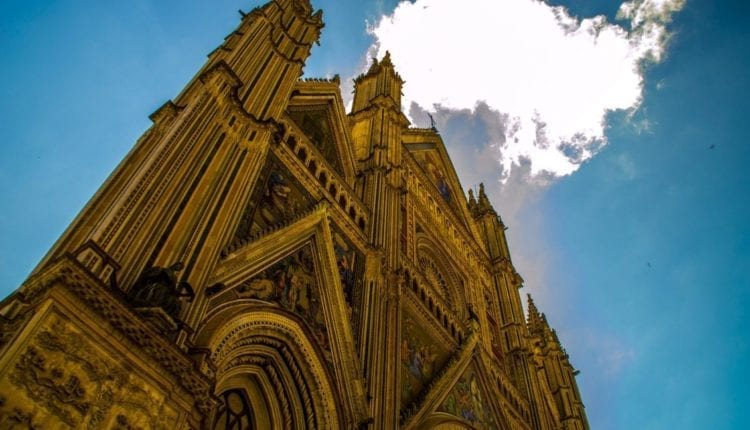
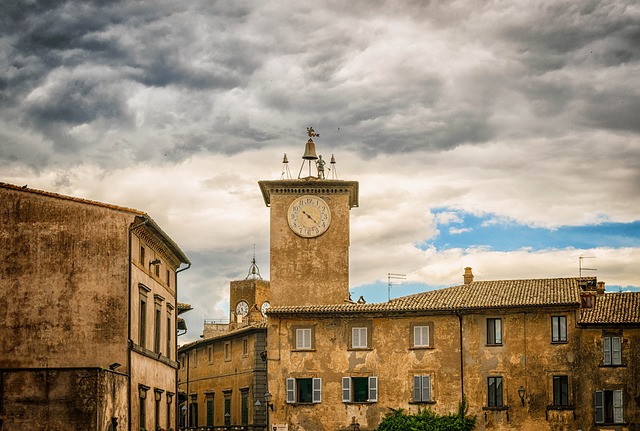
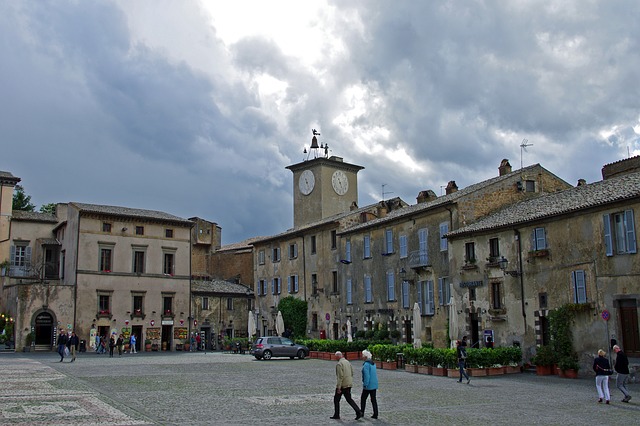

 PLACES TO STAY IN ITALY
PLACES TO STAY IN ITALY


 Save money!
Save money!